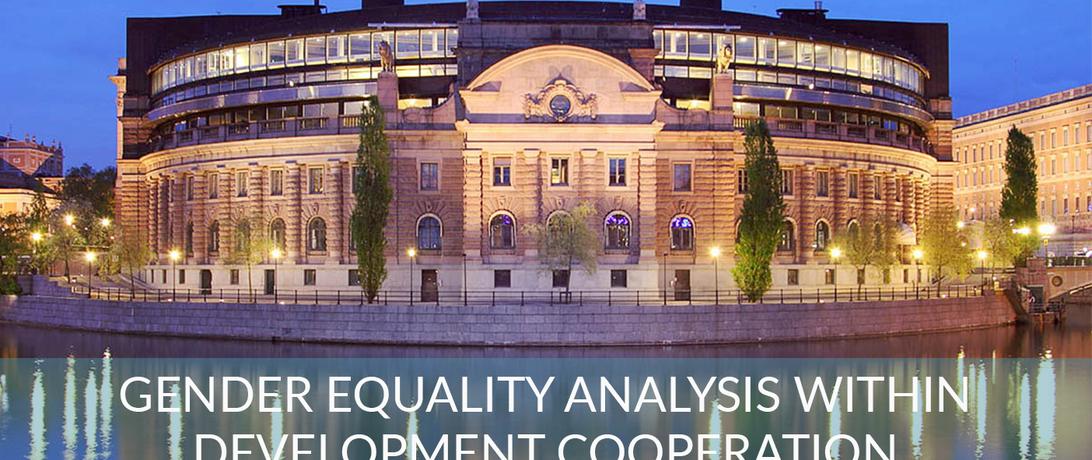Gender mainstreaming is a necessary tool for ensuring that the needs of women, men, boys, and girls are met and for implementing the Women, Peace and Security agenda. Sweden’s Feminist Foreign Policy Handbook is full of tips and best practices to operationalize a feminist foreign policy.
Situation reports and monitoring and evaluation are critical to assessing the different needs of women, men, boys, and girls in development and humanitarian assistance. Being able to conduct such analysis is what makes the proper implementation of a feminist foreign policy possible.
This checklist for gender equality analysis in reporting is a useful tool for conducting situation reports and monitoring and evaluation in the field. Taking these steps is a good way to ensure that the needs of men, women, boys, and girls are being understood and met and that feminist foreign policy is being successfully implemented:
- Ensure that women, men, girls, and boys are consulted during the planning phase to identify needs and bottlenecks.
- Carry out on-site consultations that are accessible to both women and men and at times of the day when they are available. Carry out gender-separate consultations if necessary.
- Be clear. Avoid wordings such as “Gender equality shall characterize all phases of the project.” Instead, describe what, how, and when.
- Analyze women’s and men’s access to resources: economic, productive, political, and time resources.
- Use both quantitative and qualitative indicators to follow up on the initiative.
- Use sex- and age-disaggregated data.
*For more information on applying a gender perspective to your work, see our Back to Basics Chart and other tips from the Feminist Foreign Policy Handbook on Gender Equality Analysis in Reporting and Gender Budgeting.
